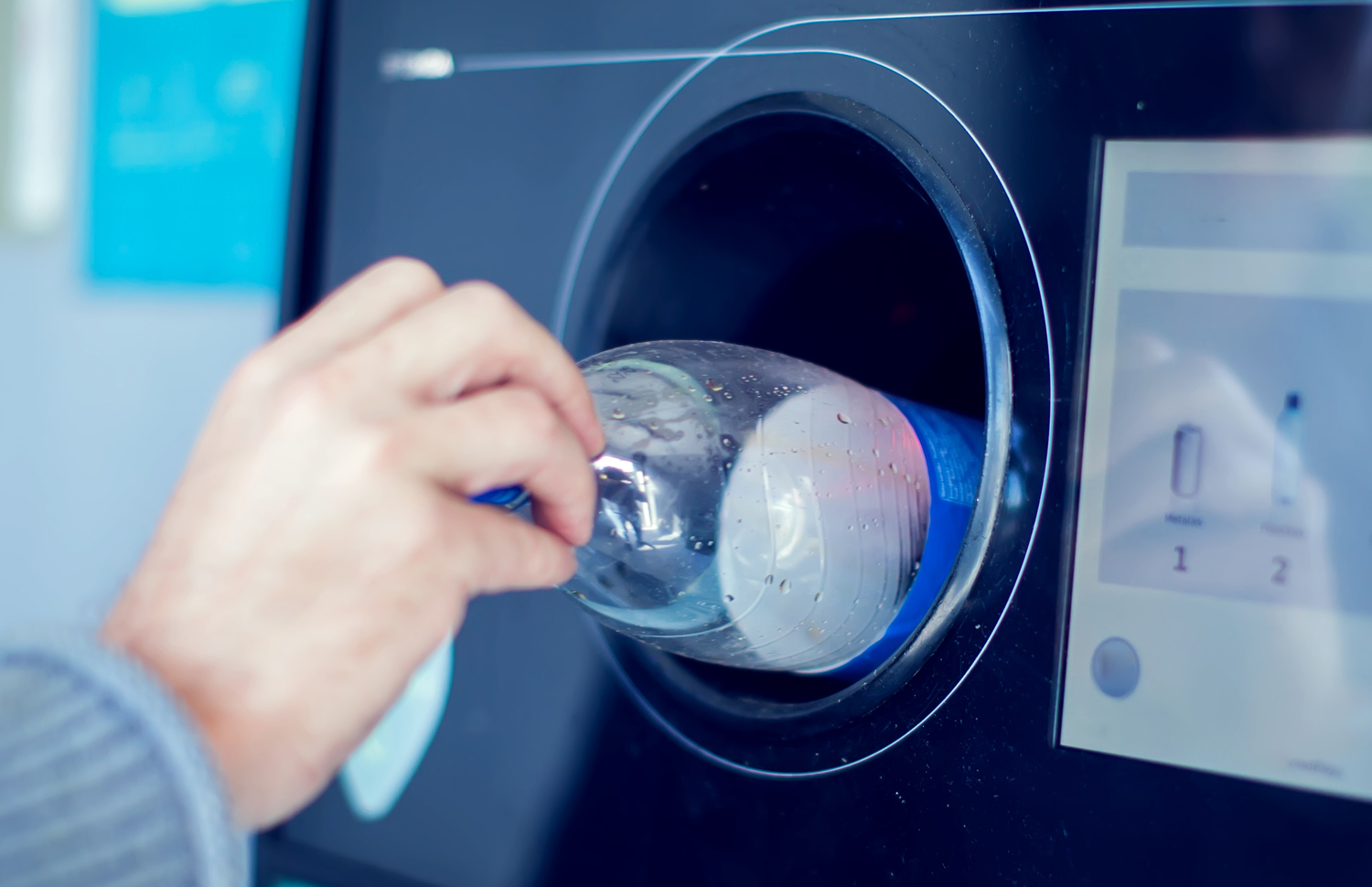Since 1994, the EU has made several attempts to get a grip on the increasing amount of packaging waste through its Packaging and Packaging Waste Directive. So far without any real success. Now, within the framework of the revised PPWR, reusable packaging is to become a game changer. We take a closer look at the EU’s plans and the opinion of consumers on the subject of reusable packaging.
On 30 November 2022, the EU Commission presented its plans for the new Packaging and Packaging Waste Regulation (PPWR), which is to replace the Packaging and Packaging Waste Regulation (PPWD) that has been in place since 1994, as part of the European Green Deal.
The Commission is pursuing three main objectives with the harmonised requirements of the EU Packaging Regulation:
- the avoidance of packaging waste,
- the promotion of high-quality recycling; and
- a strengthened internal market for secondary raw materials.
The PPWR should thus finally also reduce the amount of packaging waste and the greenhouse gas emissions caused by packaging. Without appropriate measures, both waste and emissions would continue to rise. A central measure to counteract this is the EU-wide strengthening of reusable systems.
Discussion on reusable quotas has been going on for a long time
As early as 2005, the issue of reusable quotas was hotly debated in the context of an effectiveness review of the then PPW Directive. However, the result of the “Study on the Implementation of Directive 94/62/EC on PPW and Options to Strengthen Prevention and Re-use of packaging” was a decision against reuse quotas.
Reusable in the new PPWR
Article 25 of the new PPWR now explicitly regulates the quotas for reuse and refilling for different packaging formats . In general, the reuse quotas will be introduced rather late. The first stage will take effect from 2030.
Sales packaging for beverages
Reusable sales packaging is nothing new, at least in Germany and for beverages. The majority of EU member states, however, are breaking new ground with the introduction. The first stage of the quota is 10 per cent.
For the affected packaging in the non-alcoholic soft drinks segment, this is significantly below the current level in Germany (43.1 per cent in 2020) and even more significantly below the national policy target of 70 per cent for the beverage segments subject to deposit.
Outer packaging and transport packaging
The EU is taking a fundamentally new approach to secondary packaging and transport packaging, for which very specific regulations and quotas are also planned. It is still being hotly debated whether and in which areas there will be exceptions for fibre-based outer packaging and transport packaging such as corrugated cardboard boxes.
Consumers agree with reservations
In March 2023, the German Packaging Institute (Deutsches Verpackungsinstitut e. V., dvi) conducted a representative survey of the preferences of the German population in dealing with used packaging and on the subject of reusable packaging.
As a result, 60.6 per cent expressly support the policy plans for more reusable packaging and are also prepared to take action to achieve this. However, the acceptance of reusable packaging is linked to conditions.
The most important requirements include a flexible return regardless of the place of purchase (71.7 percent), price stability (64.2 percent) and a hassle-free return (49.7 percent).
Timetable
All relevant stakeholders had the opportunity to comment on the Commission’s PPWR proposal until 24 April 2023. Final adoption and publication is expected by the end of May 2024.
Our recommendation
If you want to know right now whether – and if so, how – the PPWR will affect your business model, we will be happy to support you with a short check.
Our PPWR Impact Check will not only show you the regulatory requirements, but also the specific strategic issues you need to work on.

